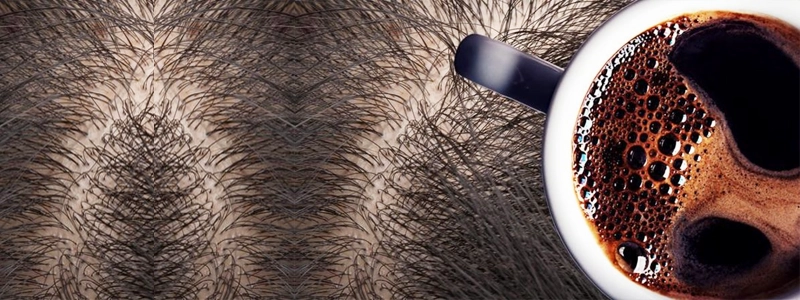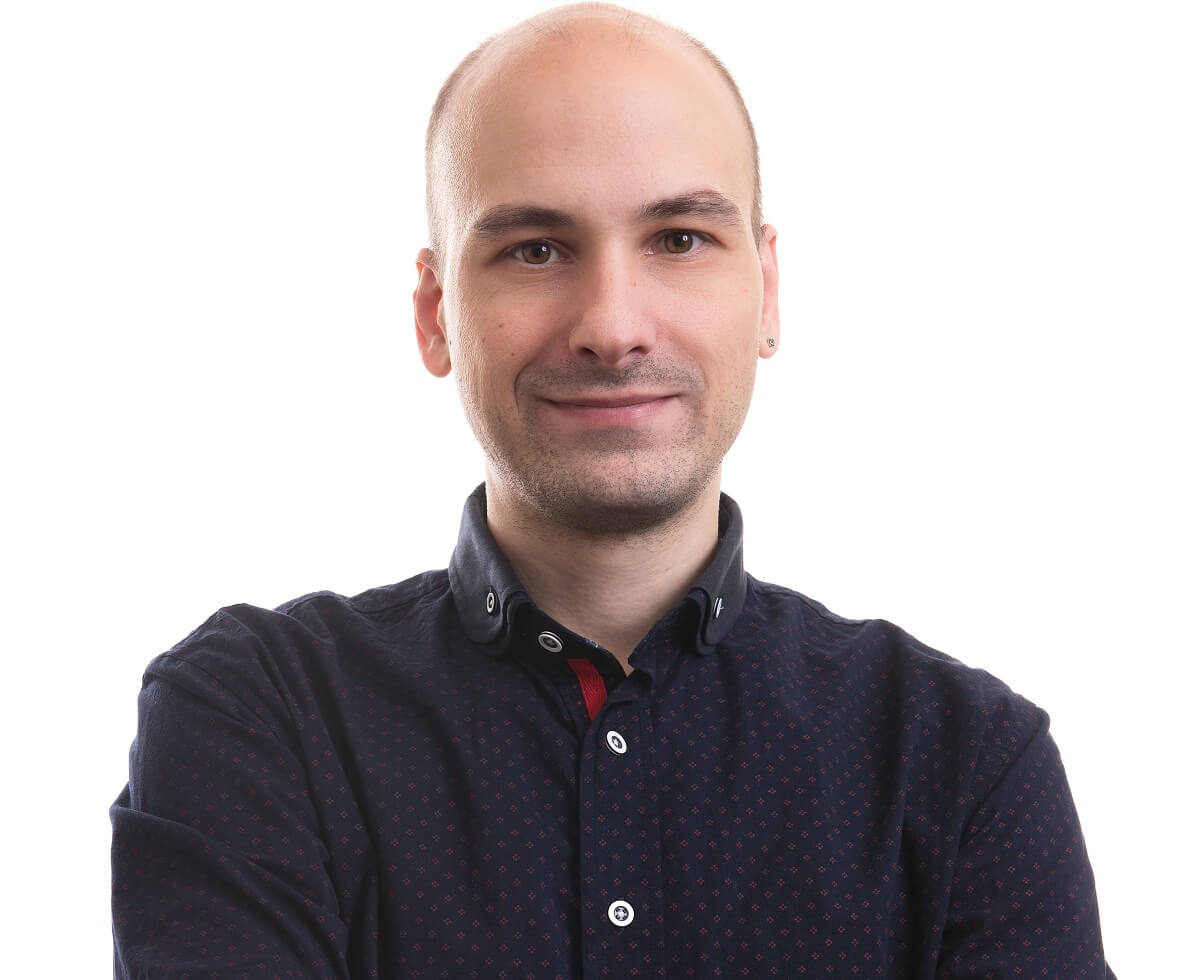Success Rate of Hair Transplant Surgery in Dubai
September 13, 2014

Hair transplants are the surefire solution for people with extensive hair loss. It is the only solution that provides a permanent fix since transplanted hairs do not shed afterward. However, for a transplant procedure to be successful, certain precautions must be taken. While most of these are routine matters causing no problems under normal circumstances, they can significantly impact a transplant’s results. For instance, smoking, massaging the scalp, and applying dyes and gels to the hair are nothing out of the ordinary. However, they should be avoided before and immediately after a hair transplant in Dubai. Apart from these, caffeine consumption is also on the list.
Many patients ask a question whether it is harmful to consume caffeine before a hair transplant? Below, we have discussed why caffeine should be avoided and how it can adversely affect a hair transplant’s results. We have also shared when it is safe to start consuming caffeine again.
The biggest source of caffeine is coffee beans. Generally, people get their daily dose of caffeine from coffee and tea. Most people have a habit of drinking tea or coffee in the morning. Tea also has caffeine but in much less quantity than coffee.
Although tea and coffee are the primary sources of caffeine, they are not the only sources. Nowadays, a lot of beverages, soft drinks, and energy drinks contain a high amount of caffeine. Moreover, it can also be found in some chocolates but a minimal amount.
Caffeine consumption is a great way to start the day with energy instead of being lethargic. Therefore, most people take their coffee or tea in the morning. Moreover, some people consume different energy drinks, especially after workouts.
While caffeine intake is useful on regular days, it can be problematic around the days of a hair transplant. Therefore, potential candidates are advised not to consume caffeine the day before the surgery and on the day of the surgery.
Generally, hair transplant surgeons recommend avoiding caffeine for at least a week before the procedure. However, if patients cannot do that, they must do it for at least a day before and on the day of the surgery.
Caffeine can cause the blood pressure to become elevated, leading to bleeding during the hair transplant procedure. Moreover, it can increase the patient’s sensitivity to the medications given during the hair transplant, which can be a problem. Due to this, some medicines may not affect the patient and prolong recovery. As a result, patients may not even achieve the desired results from the procedure.
It can be a problem for caffeine addicts to skip their beloved cup of coffee even for a few days. However, it is better to bear caffeine cut down effects for a few days than to risk a hair transplant’s results.
In order to avoid caffeine, patients should start by cutting down on their intake. Most doctors recommend patients reduce their intake from 3 or 4 cups to 1 or 2 cups. They should continue this routine for a week and then completely stop it the day before the procedure.
If a person consumes caffeine through tea or coffee, it can have ill effects on hair transplant surgery. However, having a single cup may not significantly affect the results of the procedure, and the results should still be good. Generally, smoking affects the transplant results more than caffeine.
Tea has lesser caffeine in it, and its potential damage is also less in comparison with coffee. However, having too many cups of tea or coffee can be a problem. So, patients should gradually cut down on their daily caffeine intake and stop for a day or two.
If your cup of tea or coffee is an absolute must, you can go for a decaffeinated option. This way, you get your much-loved hot beverage in the morning without the caffeine, a win-win situation indeed. Although they may not taste the same, they can be a quick fix for a few days, at least. Moreover, if anyone wants to get the desired results from a hair transplant, they will have to make some sacrifices.
Although it’s not harmful to resume the caffeine intake the day after a transplant, it is better to consult with the doctor. Since every patient has different needs, an expert can guide better in this regard.
Usually, hair transplant surgeons provide aftercare guidelines to their patients, including a timeline of resuming the regular activities. They also direct the patients about caffeine intake. The doctor may ask patients to avoid drinking excessive coffee for a few days post-transplant, depending on their condition.
To get the desired results from a hair transplant, patients must follow all the surgeon’s guidelines. It is better to be cautious before than to be sorry later. Moreover, precautions help achieve the optimum results.
To learn more about hair transplant precautions, patients must talk to an expert. We have some of the best hair transplant surgeons on-board. For their expert guidance, you need to fill the form below to set up an appointment. Our clinic provides FREE online consultation with our expert hair transplant surgeons. So, fill the online form below to schedule a one-on-one consultation session with an expert. Moreover, you can also visit our clinic or give us a call, and our staff representatives will guide you further.
Dr. Cagatay Sezgin is a celebrity hair transplant surgeon with over 20 years of experience in hair transplantation and restoration. He is the First Turkish Board Surgeon to become a member of the International Society of Hair Restoration Surgery (ISHRS) and the Asian Association of Hair Transplant Surgeons (AAHRS). Moreover, he has the honor of becoming the first hair transplant surgeon in the world to perform hair, eyebrow, and beard transplantation all in one case and that too in a single session.

September 13, 2014

April 28, 2016